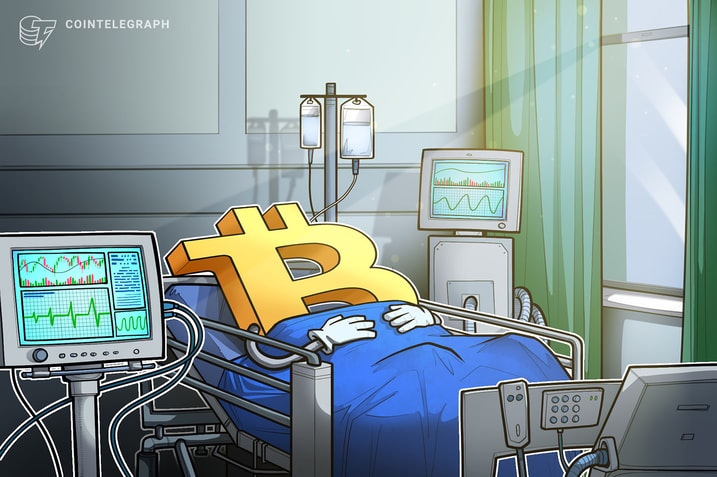Link copied
Stocks ease as AI euphoria wanes,dollar wilts without tariff bump
stock :: 2025-01-23 :: source - reuters
By Amanda Cooper and Rae Wee
 People take pictures on an overpass with a display of stock
information in front of buildings in the Lujiazui financial district in
Shanghai, China - Reuters
People take pictures on an overpass with a display of stock
information in front of buildings in the Lujiazui financial district in
Shanghai, China - Reuters
LONDON/SINGAPORE (Reuters) - Global stocks eased on Thursday, halting a rally sparked by U.S. President Donald Trump's mammoth spending plans for artificial intelligence infrastructure as some of that excitement fizzled out, though Chinese shares fared better on Beijing's support.
In Europe, the STOXX 600(.STOXX), which hit a record high on Wednesday, was down 0.1%, under pressure from a drop in technology shares (.SX8P), which had soared the previous day after Trump announced a $500 billion private-sector AI infrastructure investment plan.
The joint venture, which involves Oracle (ORCL.N), OpenAI and SoftBank(9984.T) initially turbo-charged a rally in global stock markets, which drew further support from upbeat earnings.
Without any more detail on Trump's plans for tariffs, the momentum faded and the dollar hovered around two-week lows, while stocks on Wall Street hit a record high the previous day(.SPX).
"Clearly, the path of least resistance continues to lead to the upside in the equity space, with participants ably shrugging off tariff-related uncertainties for now," said Michael Brown, senior research strategist at Pepperstone.
"That said, next week brings a chunky slate of event risk, including the first FOMC decision of the year, as well as earnings from megacaps...It wouldn't be too surprising to see some equity longs trimmed into that bonanza."
U.S. stock index futures were down 0.2-0.5%.
On Asian markets overnight, Chinese stocks rallied by more than 1% at one point in the session, after the government announced plans to channel hundreds of billions of yuan of investment from state-owned insurers into shares, just after Trump said he was proposing to slap a 10% punitive duty on Chinese imports.
The CSI300 blue-chip index (.CSI300) gave up some of those gains to end the day up 0.18%.
"The persistent underperformance of China equities is a barometer of the country's fundamental economic difficulties, along with falling bond yields," said Alvin Tan, head of Asia FX strategy at RBC Capital Markets.
"They point to the domestic difficulties. And U.S. tariffs will worsen the problem especially with China growing more reliant on net exports to power growth."
Elsewhere, Japan's Nikkei(.N225) gained 0.8%. Shares in SoftBank jumped 5%, with the company having come under the spotlight due to the Stargate AI joint venture.
The Information reported on Wednesday that OpenAI and Japanese conglomerate SoftBank will each commit $19 billion to fund the project.
TARIFF THREATS
Action in the currency markets was largely subdued on Thursday after a volatile few sessions since Trump's return to the White House, owing to his plans around tariffs.
Adding to his threats on Chinese imports, Trump also said Mexico and Canada could face levies of around 25% by Feb. 1.
Similarly, he promised duties on European imports, without elaborating further.
But in the absence of any further details, the dollar struggled to push higher.
The U.S. dollar index, which measures the currency against six others, languished near a two-week low of 108.26.
The euro was little changed at $1.0408, while sterling last traded down 0.2% at $1.2306.
China's yuan weakened by 0.14% to 7.2931 in the offshore market.
"The threat of tariffs continues to hang over markets, but the rapidly declining half life of headlines shows you the market is already numb to the shenanigans," said Brent Donnelly, president at Spectra Markets.
Ahead of the Bank of Japan's policy decision on Friday, the dollar rose to a one-week high against the yen at 156.76. Markets have already fully priced in a 25-basis-point rate hike at the conclusion of the meeting.
Norges Bank held interest rates on Thursday but signaled it plans to cut rates at its next meeting in March.
The crown, the weakest performing G10 currency against the dollar in the last year, with a loss of 7.5%, was 0.1% down on the day at 11.29 to the dollar.
In commodities, oil prices edged into positive territory, but remained below $80 a barrel, under pressure from concern over how Trump's proposed tariffs could affect global economic growth and demand for energy.
Brent crude futures were last up 0.15% on the day at $79.11 a barrel, having fallen earlier by as much as 0.5%, while copper prices fell 0.6% to $9,173 a metric ton.
(Additional reporting by Rae Wee in Singapore and Koh Gui Qing in New York; Editing by Jamie Freed and Kirsten Donovan)
Reuters report
This week top market trends.
Recent global market news
-

Tech stocks are powering this record-setting rally on Wall Street: but how long can it last?
2025-06-30 :: :: marketwatch



